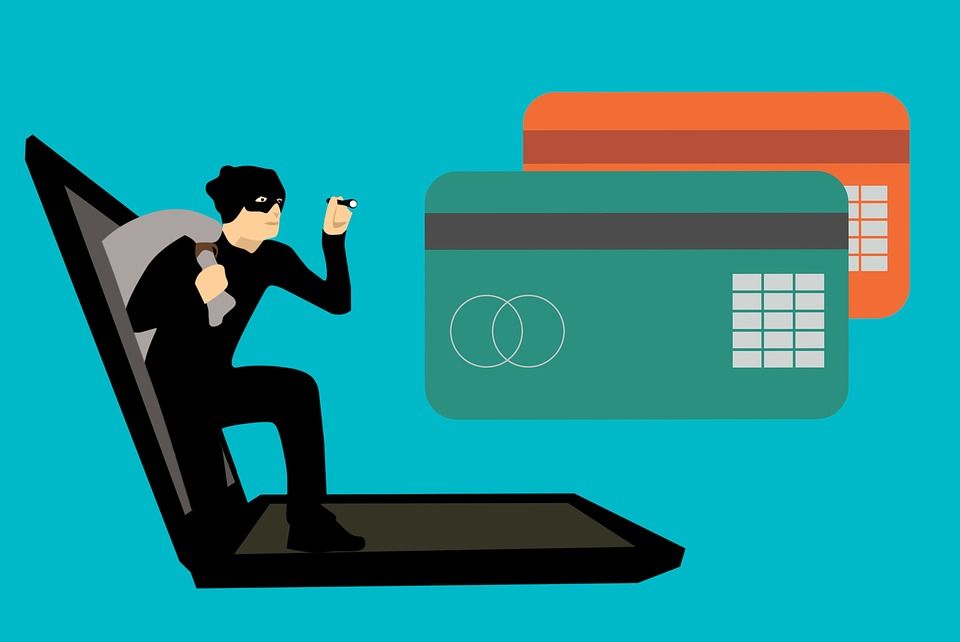Defending Against Phishing Attacks

Phishing has been a security threat from as far back as the 1990s, which speaks volumes of its usefulness, adaptability, and effectiveness. The term “phishing” is derived from fishing to refer to the process of casting a bait in the hopes of catching prey. Phishing refers to a type of attack where the hackers manipulate their victims into offering up sensitive information such as passwords and financial information. The attack itself is not technical and falls under the category of social engineering attacks. Defending against phishing is also considerably harder precisely because it is a social engineering attack. In that case, the best defense against phishing is to understand phishing attacks; their types, their execution and the measures you can take to protect yourself from such attacks.
What are social engineering attacks?
Social engineering attacks refers to cyberattacks that rely on the manipulation of human behavior to acquire information or access to systems for malicious purposes. Although there are differences, most social engineering attacks use the same strategy, which involves investigating the target and then initiating contact in the hopes of bending the victim to the attacker’s will. For phishing, in particular, the attacks rely on creating a sense of urgency in the target, which leads to carelessness from the victim and consequently to loss of sensitive information.
How phishing attacks are executed
The execution of phishing attacks depends on the type of attack. Additionally, the types of phishing attacks can be divided depending on the purpose of the attack and the target of the attack. Depending on the goal, the attacks could either get the target to hand over sensitive information or download malware that could then be used to steal information from the target. Depending on the target, we have regular phishing attacks that target no one, in particular, spear phishing attacks that are aimed at a specific individual, and whale phishing attacks that are targeted at high-value targets.
When it comes to the execution, the attacks could be carried out via phone, email, or text. The hacker sends the target information that requires urgent action and prompts the victim to either click on a link to a cloned site or to download an attachment that installs the malware on the victim’s device. For instance, the information could be about a breach in your account, which would prompt you to click on a link to confirm the status of your account without knowing that you gave your login details to the hackers.
Naturally, depending on the target, the value of the message and the urgency will be different. For instance, in regular phishing, since the targets are random, there is little guarantee that the attack will work. Therefore, the attacks are usually less sophisticated and have a lot of vague information. However, for spear phishing and whale phishing, since the attacks are tailored with the target in mind, they are usually more personal and sophisticated and are more likely to elicit a response from the victim.
How to defend against phishing attacks
As already emphasized, defense against phishing attacks can be quite tricky. The issue lies in the manipulation of human behavior and emotion. Emotions and behavior can be quite unpredictable, therefore you need reliable and sustainable cybersecurity measures in place.
For starters, you could install cybersecurity software such as an antivirus and password managers to protect against fake sites. An antivirus with a browser add-on can warn you against links to phishing pages while also protecting against malware that may be included in an attachment. Password managers eliminate the need for manual password input, which helps to prevent you from entering your credentials on a fake website. You should also use bookmarks to important websites and make a habit of using them to access the website to avoid being tricked into a trap.
The Takeaway
To effectively deal with phishing attacks, you should develop a habit of double-checking any messages you receive, especially if they sound too rushed. Nevertheless, the best defense would always be developing a deeper understanding of phishing attacks, so it’s possible to detect one before you make an irreversible mistake.
This post was written by the team at TechWarn.com.